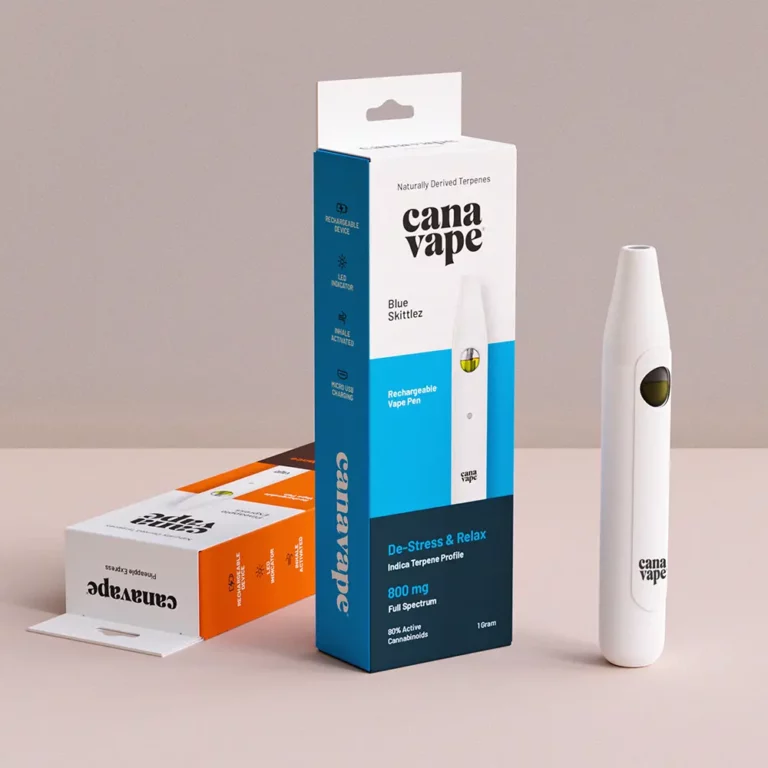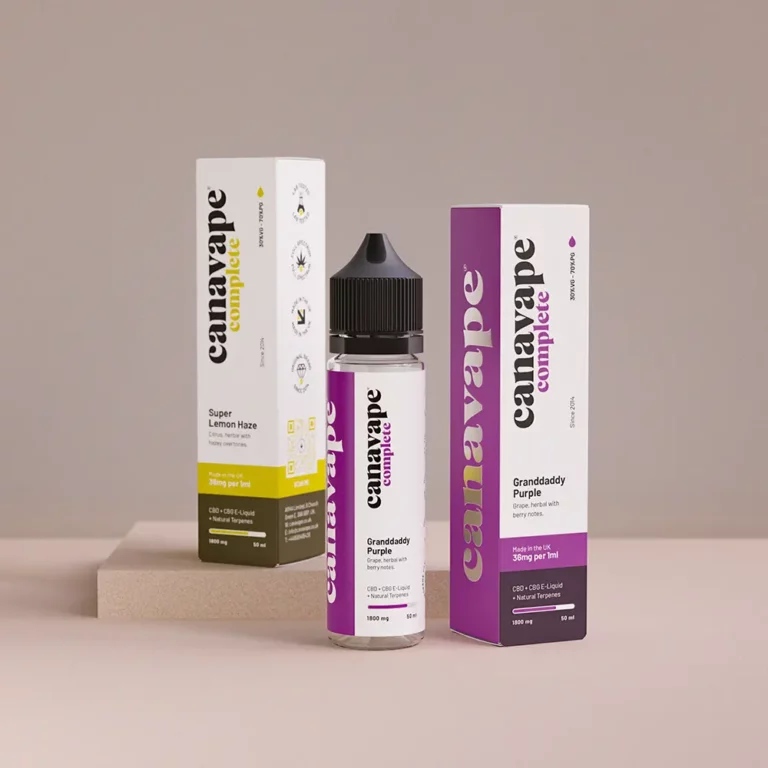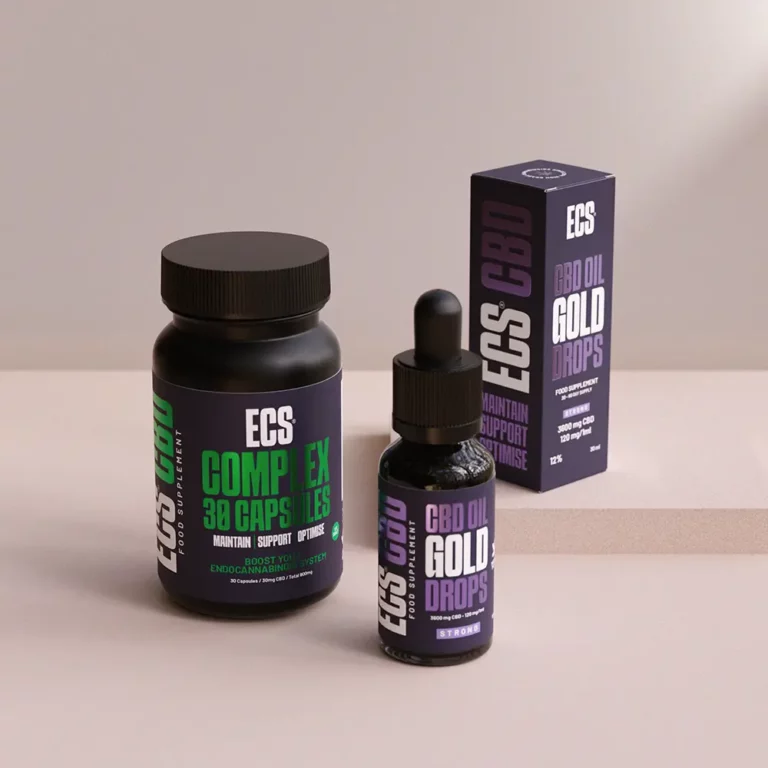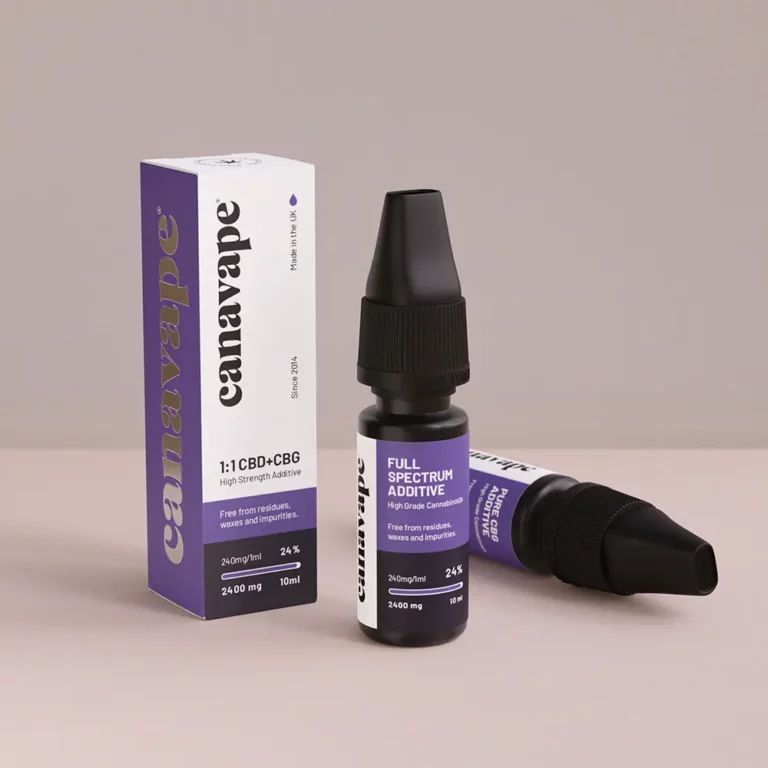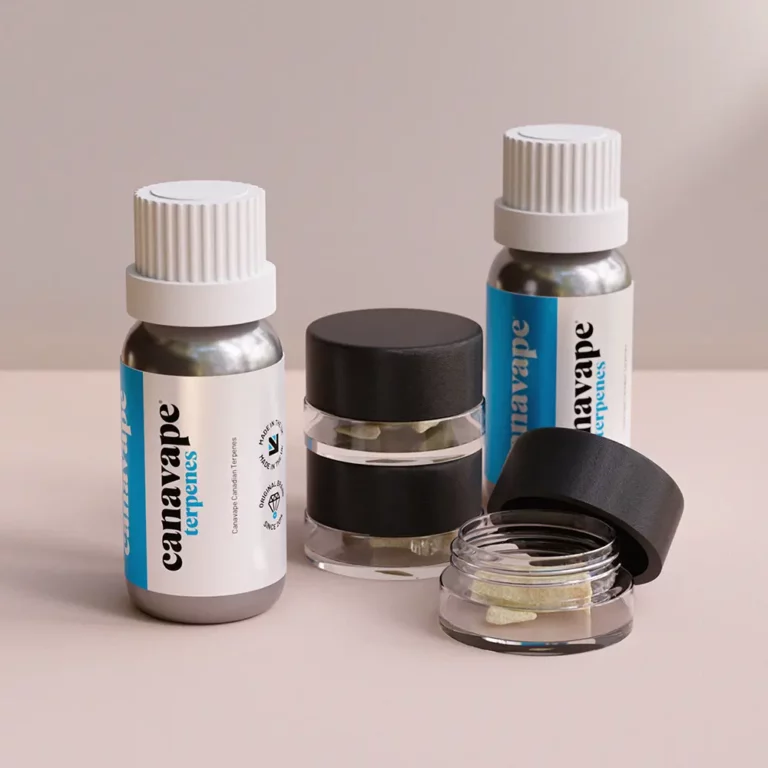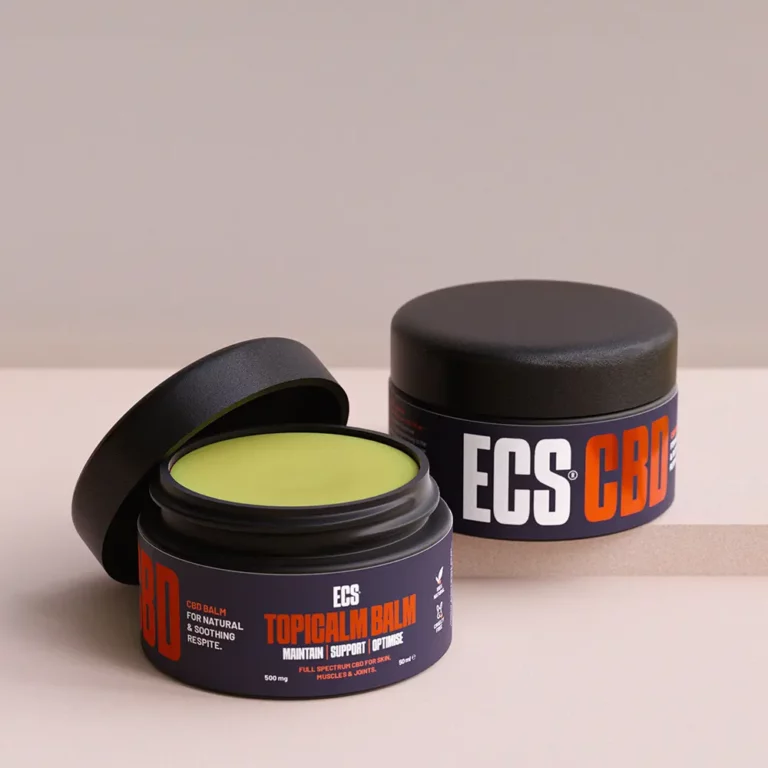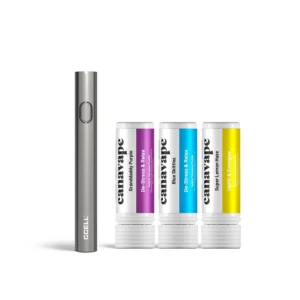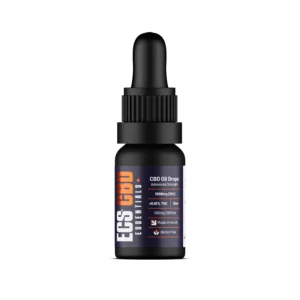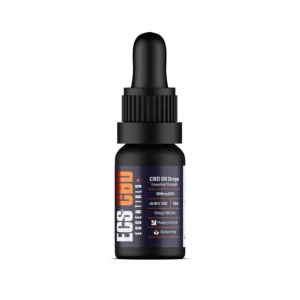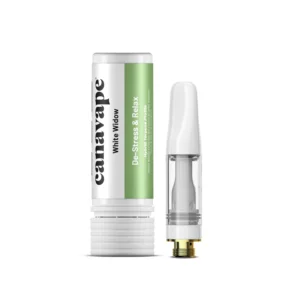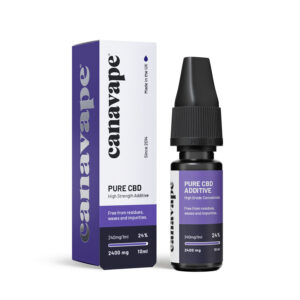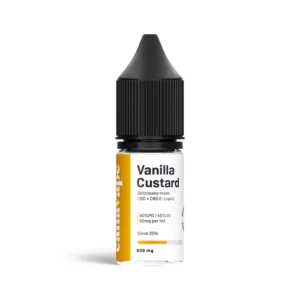Cannabichromene (CBC) and cannabidiol (CBD) are two of the many cannabinoids found in the cannabis plant. While they share some similarities, they also have distinct differences that set them apart.
CBC is a lesser-known cannabinoid that is not as widely studied as CBD. It is believed to have potential therapeutic benefits, particularly in its interaction with the body’s endocannabinoid system. Some research suggests that CBC may have anti-inflammatory and pain-relieving properties, making it a promising option for those seeking natural remedies for various ailments.
On the other hand, CBD has gained significant attention in recent years for its potential health benefits. It is non-intoxicating and is commonly used to alleviate symptoms such as pain, anxiety, and inflammation. CBD interacts with the endocannabinoid system in a way that promotes balance and overall well-being.
In terms of legality, both CBC and CBD are considered legal in many parts of the world, as long as they are derived from hemp plants containing less than 0.3% THC. However, it is essential to check the laws in your specific region to ensure compliance. For example the legal limit in the EU is slightly lower at 0.2%.
When it comes to consumption, both CBC and CBD can be found in various forms, including oils, tinctures, capsules, and topical products. The choice of consumption method often depends on individual preferences and desired effects.
In conclusion, while CBC and CBD are both cannabinoids with potential health benefits, they have unique properties that differentiate them from each other. Whether you choose to explore the benefits of CBC or CBD, it is essential to consult with a healthcare professional to determine the best approach for your specific needs.
